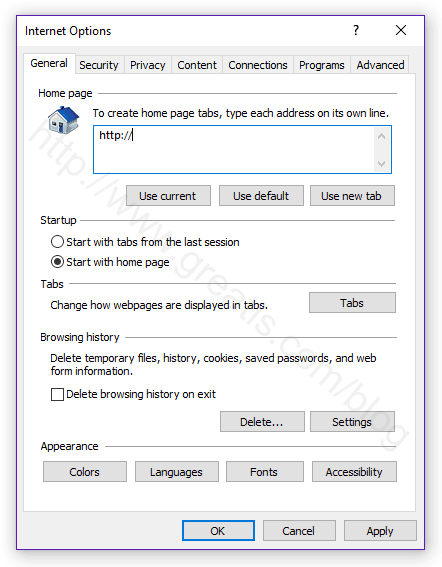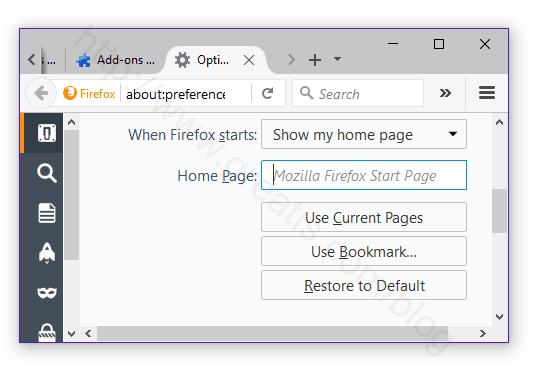 I recommend you UnHackMe - Ultimate Malware Killer for fast malware removal:
I recommend you UnHackMe - Ultimate Malware Killer for fast malware removal:
Free Download Fully Functional 30-day Trial. No credit card is required.
Reviews. EULA. Privacy Policy. Uninstall.
What is SEEN ON SCREEN NEW TAB?
SEEN ON SCREEN NEW TAB Adware displays popup ads, redirects to unwanted websites, opens a new tabs and browser windows.
Also, SEEN ON SCREEN NEW TAB may replace your default search engine and the browser start page.
SEEN ON SCREEN NEW TAB infects Google Chrome, Firefox, Microsoft Edge, Internet Explorer.
SEEN ON SCREEN NEW TAB usually infects your computer while being downloaded in a bundle with a popular hacked programs or while being included in downloaded file with a bunch of other Trojans.
SEEN ON SCREEN NEW TAB virus accomplishes this tasks by registering virus process in startup or by automatically launching malicious sites.
You have 2 ways to remove SEEN ON SCREEN NEW TAB:

Why I recommend you to use an automatic way?
- You know only one virus name: "SEEN ON SCREEN NEW TAB", but usually you have infected by a bunch of viruses.
The UnHackMe program detects this threat and all others. - UnHackMe is quite fast! You need only 5 minutes to check your PC.
- UnHackMe uses the special features to remove hard in removal viruses. If you remove a virus manually, it can prevent deleting using a self-protecting module. If you even delete the virus, it may recreate himself by a stealthy module.
- UnHackMe is small and compatible with any antivirus.
- UnHackMe is fully free for 30-days!
Here’s how to remove SEEN ON SCREEN NEW TAB virus automatically:
STEP 1: Install UnHackMe (1 minute)
STEP 2: Scan for malware using UnHackMe (1 minute)
STEP 3: Remove SEEN ON SCREEN NEW TAB virus (3 minutes)
So it was much easier to fix such problem automatically, wasn't it?
That is why I strongly advise you to use UnHackMe for remove SEEN ON SCREEN NEW TAB redirect or other unwanted software.
How to remove SEEN ON SCREEN NEW TAB manually:
STEP 1: Check all shortcuts of your browsers on your desktop, taskbar and in the Start menu. Right click on your shortcut and change it's properties.
You can see SEEN ON SCREEN NEW TAB or another web site at the end of shortcut target (command line). Remove it and save changes.
In addition, check this command line for fake browser's trick.
For example, if a shortcut points to Google Chrome, it must have the path:
C:\Program Files (x86)\Google\Chrome\Application\chrome.exe.
Fake browser may be: …\Appdata\Roaming\HPReyos\ReyosStarter3.exe.
Also the file name may be: “chromium.exe” instead of chrome.exe.
STEP 2: Investigate the list of installed programs and uninstall all unknown recently installed programs.
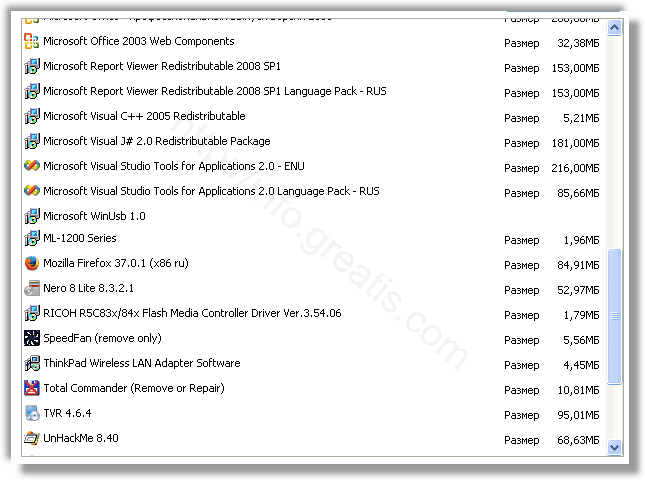
STEP 3: Open Task Manager and close all processes, related to SEEN ON SCREEN NEW TAB in their description. Discover the directories where such processes start. Search for random or strange file names.
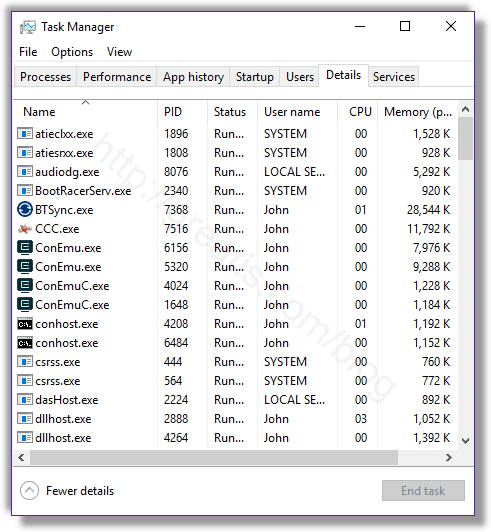
Remove SEEN ON SCREEN NEW TAB virus from running processes
STEP 4: Inspect the Windows services. Press Win+R, type in: services.msc and press OK.
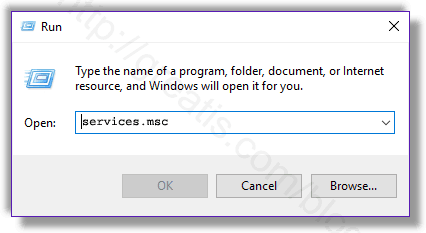
Remove SEEN ON SCREEN NEW TAB virus from Windows services
Disable the services with random names or contains SEEN ON SCREEN NEW TAB in it's name or description.
STEP 5: After that press Win+R, type in: taskschd.msc and press OK to open Windows Task Scheduler.
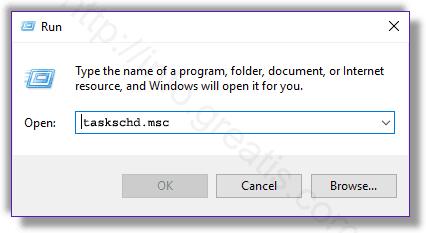
Delete any task related to SEEN ON SCREEN NEW TAB. Disable unknown tasks with random names.
STEP 6: Clear the Windows registry from SEEN ON SCREEN NEW TAB virus.
Press Win+R, type in: regedit.exe and press OK.
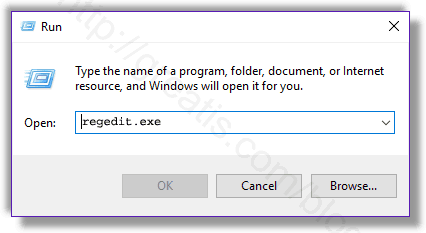
Remove SEEN ON SCREEN NEW TAB virus from Windows registry
Find and delete all keys/values contains SEEN ON SCREEN NEW TAB.
STEP 7: Remove SEEN ON SCREEN NEW TAB from Google Chrome.
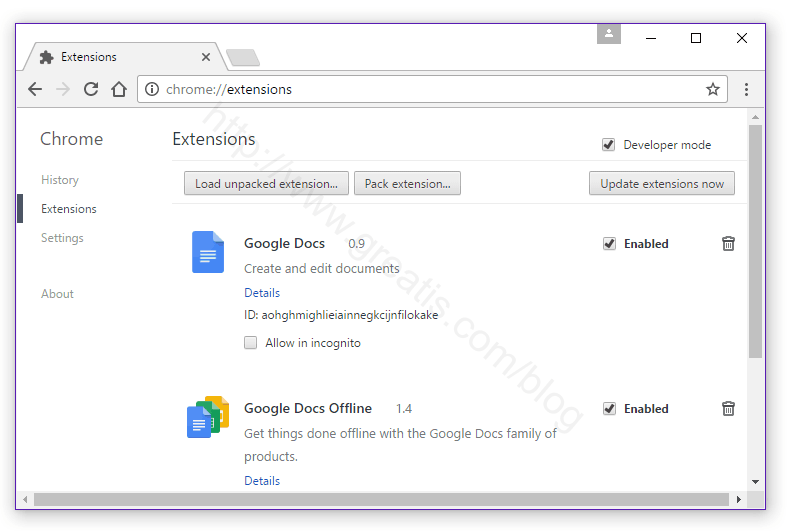
STEP 8: Remove SEEN ON SCREEN NEW TAB from Internet Explorer.
STEP 9: Remove SEEN ON SCREEN NEW TAB from Mozilla Firefox.
STEP 10: And at the end, clear your basket, temporal files, browser's cache.
But if you miss any of these steps and only one part of virus remains – it will come back again immediately or after reboot.

